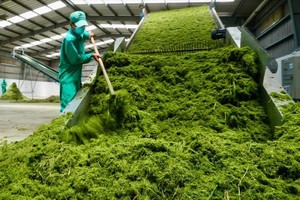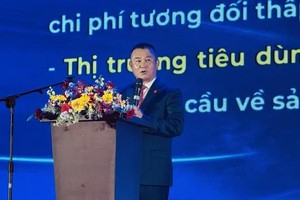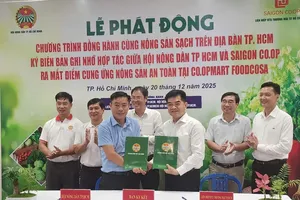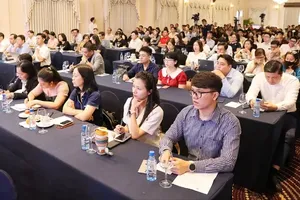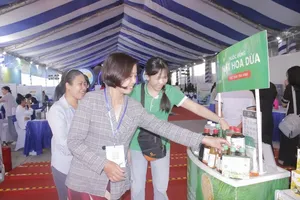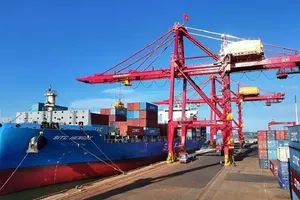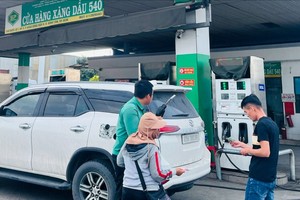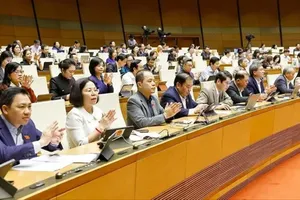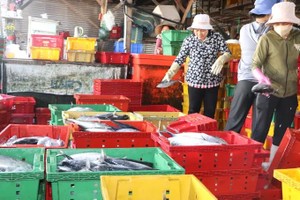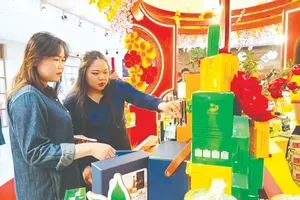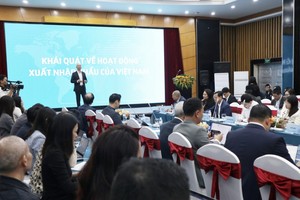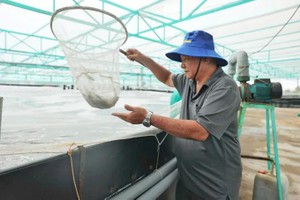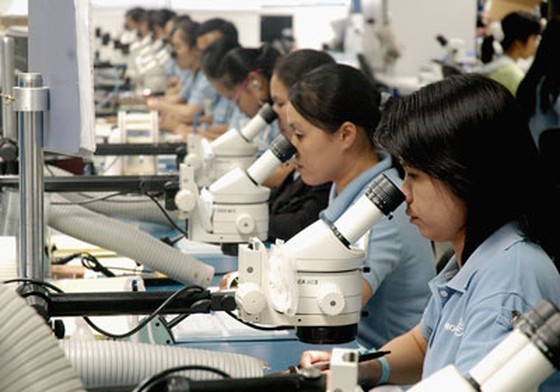
The recommendations for the EVFTA were approved with 29 votes in favour, six against, and five abstains; and that on the IPA got 26 approval votes out of the 39.
The voting event saw the participation of 40 members of the INTA under the chair of INTA chairman Bernd Lange.
The EVFTA consists of 17 chapters, two protocols and some memoranda of understanding on trade, goods, services, investment, trade remedies, competition, State businesses, government procurement, and intellectual property.
Once the agreement comes into effect, the EU will eliminate import tariffs for nearly 86 percent of the tariff lines and over 99 percent of tariff lines will be lifted after seven years. This is the first FTA that the EU has signed with a developing country.
Meanwhile, the IPA includes modern regulations on investment protection that allow enforcement and implementation through a new system of investment courts as well as ensure the two sides’ governments’ rights to regulate benefits of their citizens.
The plenary session of the EP is expected to vote on the two agreements in mid-February this year.
If ratified by the EP, the EVFTA will come into force a month after the two sides notify each other that the legal process is over. Meanwhile, the IPA will still need approval by the parliaments of each EU member state, which could take several years.
